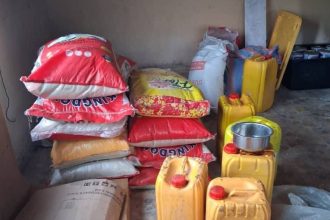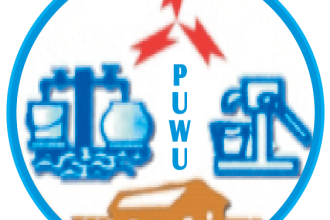With a score of 8.5 out of 10 points, the World Bank has described Ghana’s Auditor-General as having ‘substantial independence in carrying out its mandate.
This implies that the country has the legal and constitutional framework and appreciable operational and financial autonomy that enables the Auditor-General to perform its functions.
This was contained in the World Bank’s maiden Supreme Audit Institutions (SAIs) Independence Index, which assessed the independence of 118 government-auditing institutions with respect to the 1977 Lima Declaration.
The declaration points out the basics for audits and audit institutions, which are necessary for achieving independent and objective results.
The report, released on August 5, is aimed at promoting efficiency, accountability, effectiveness and transparency of public administration by strengthening SAIs as recognised by the United Nations (UN) General Assembly in Resolution 66/209, and Resolution 69/228.
The assessment was done using 10 indicators including the constitutional and legal framework, transparency in the process for appointing the SAI head, financial autonomy, types of audits, and operational autonomy.
Other indicators were staffing autonomy, audit mandate, audit scope autonomy, access to records and information, and right and obligation on audit reporting.
Per the report, only two countries, including one African country, South Africa, had very high independence. The other country was Seychelles, which also scored 10 points, just like South Africa.
The report noted that “17 countries had high independence; 33 countries had substantial independence (including Ghana); 37 countries had moderate independence, and 29 countries had low independence.”
In Sub-Saharan Africa, the highest scoring indicators were access to audit scope autonomy and the right and obligation on audit reporting, in which Ghana scored full marks.
The lowest scoring indicators were financial autonomy, followed by staffing autonomy.
The World Bank has therefore urged Ghana and other countries that could not meet the 10-point score to ensure that their Auditor-Generals are independent in their organisation, members, and officials, and are protected against outside influence.
It underscored that the independence of the Auditor-General is critical to ensure effective public sector financial management, especially during times of crisis, such as the COVID-19 pandemic.
“Results from this first SAI assessment demonstrate that much needs to be done to meet the aspirations of the 1977 Lima Declaration, which called for the full independence of SAIs,” the report noted.
It further stated that there was the need for support from the parliament, ministry of finance, public service commission (or equivalent body), the business community, citizen groups and staff of the countries which could not score the full point to ensure very high independence.
Therefore, each of these groups would need to understand what the SAI is seeking and have their fears allayed, the report pointed out.
The World Bank also acknowledged Ghana’s immediate past Auditor-General, Daniel Yao Domelovo, for his contribution in the assessment of the 118 countries in its maiden report.
Mr Domelovo, for a long while, was hailed for contributing to the country’s fight against corruption through the Ghana Audit Service (GAS).
An earlier World Bank report on anti-corruption published on September 23, 2020, cited the GAS, which was then under the watch of Mr Domelovo, as a good example of an agency in fighting corruption and the wanton waste of public funds.
The report, titled“Enhancing government effectiveness and transparency: The fight against corruption”, notes that the case study of Ghana is an interesting example of an overlapping or hybrid model of a Westminster type SAI equipped with sanction powers.
It explained further that other Westminster type SAIs have established forensic audit functions, though the Westminster model is known to focus more on the supporting role of SAIs, targeting the prevention of corruption rather than detection or sanction.
















